Use a password generator app or software
Passwords generating apps or software are especially designed to create highly secure passwords that are difficult to crack or guess. Users are given the option to select from the criteria they want and the passwords are generated automatically. The number of options you choose from the criteria can be increased for tougher security of passwords.
Use passphrases and convert them to passwords
Users can even consider generating their passwords from a sentence or pass phrase. For example, one can select a book, a page number and a sentence of up to 8 words or more. The best part about pass phrases is that they are easy to remember and only unique to the individuals that select them.
Use non-English passwords where possible
Translate the least expected language for example Sanskrit, into English and use them as passwords. The chances of hackers predicting your password is minimized.
Never use the same passwords for all accounts
It can get annoying to keep a track of different passwords for different accounts but it is most advisable to do so. The reason is fairly simple; if the hacker is able to figure out the password for one account, he/she will be able to access all the other accounts, as well.
Extracted from | http://www.asianage.com/technomics/what-should-you-change-your-password-999
Passwords generating apps or software are especially designed to create highly secure passwords that are difficult to crack or guess. Users are given the option to select from the criteria they want and the passwords are generated automatically. The number of options you choose from the criteria can be increased for tougher security of passwords.
Use passphrases and convert them to passwords
Users can even consider generating their passwords from a sentence or pass phrase. For example, one can select a book, a page number and a sentence of up to 8 words or more. The best part about pass phrases is that they are easy to remember and only unique to the individuals that select them.
Use non-English passwords where possible
Translate the least expected language for example Sanskrit, into English and use them as passwords. The chances of hackers predicting your password is minimized.
Never use the same passwords for all accounts
It can get annoying to keep a track of different passwords for different accounts but it is most advisable to do so. The reason is fairly simple; if the hacker is able to figure out the password for one account, he/she will be able to access all the other accounts, as well.
Extracted from | http://www.asianage.com/technomics/what-should-you-change-your-password-999
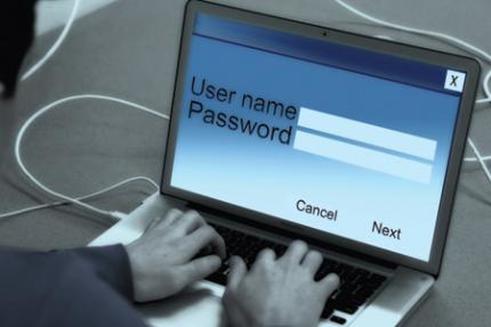
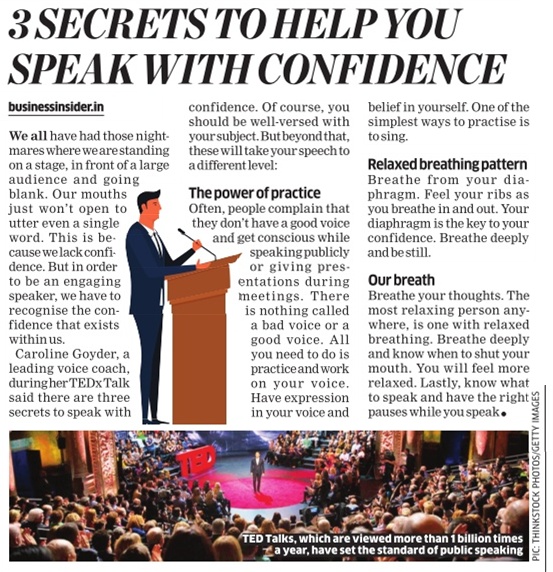
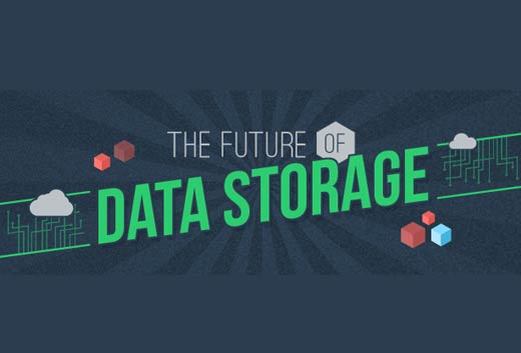
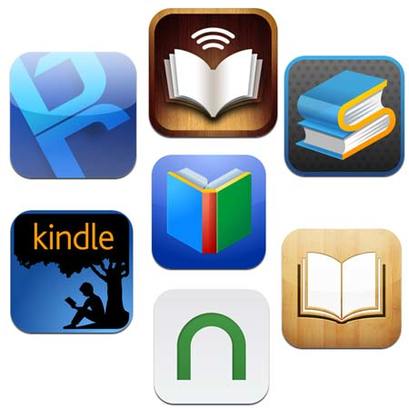
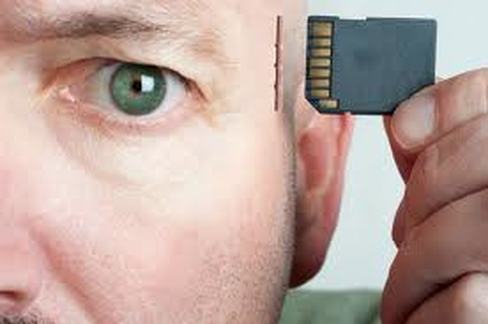
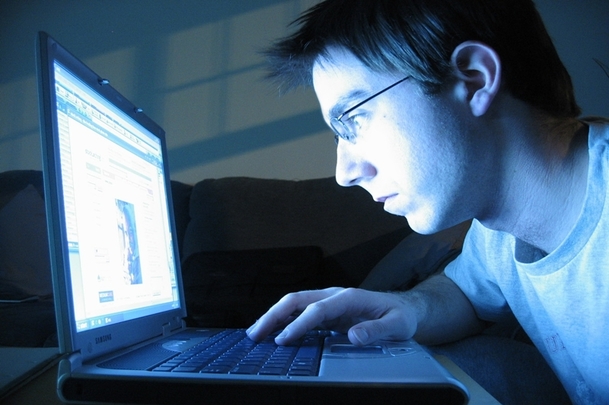
 RSS Feed
RSS Feed
